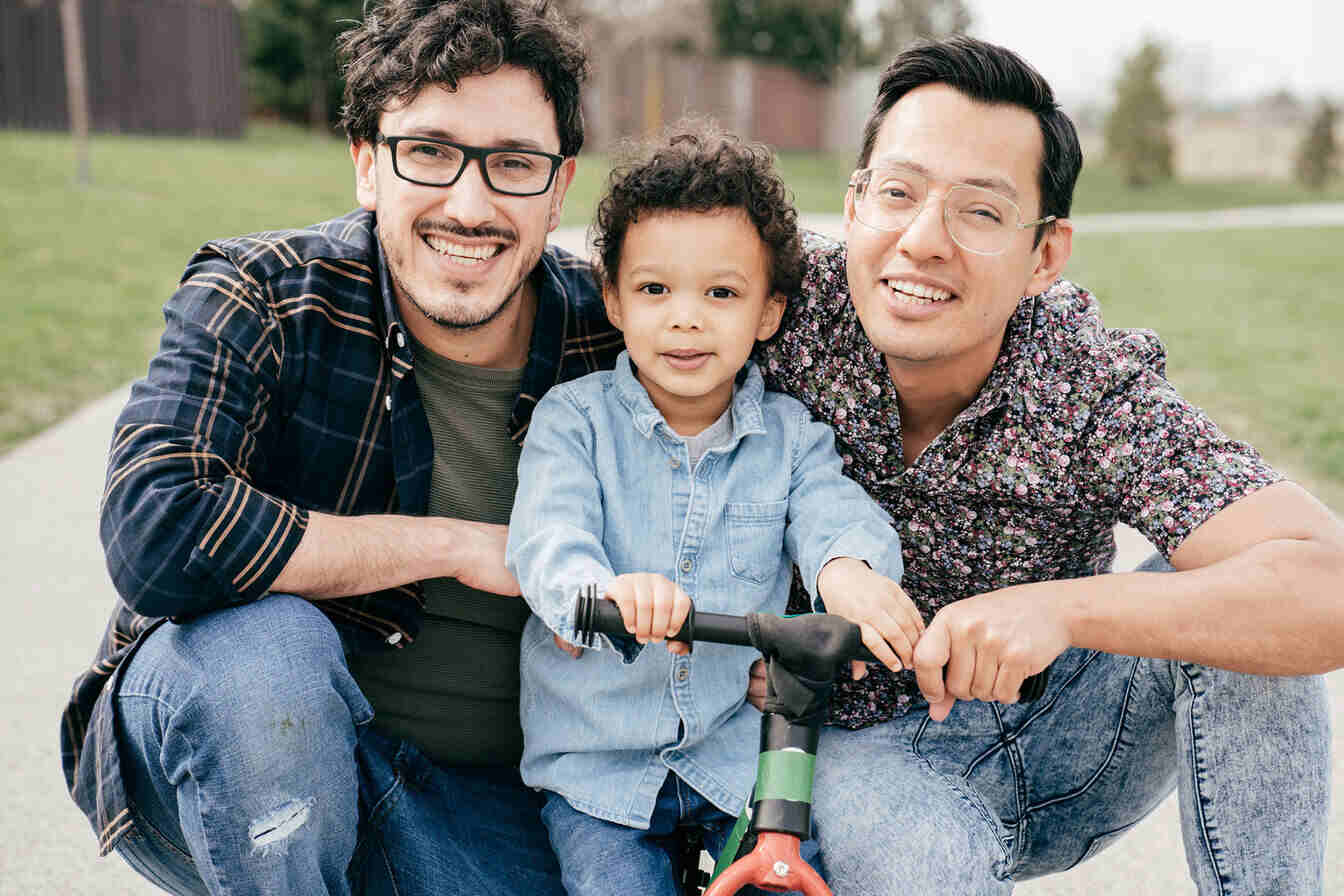Are you considering intercountry adoption to open your home to a child in need, as well as achieve your dream of growing your family? This type of adoption provides thousands of children with loving homes each year.
No matter where you adopt from, the process is aimed at placing children in stable, loving homes, and therefore comes with certain requirements aimed at protecting the child’s best interests.
But there can be some differences when adopting from another country:
- Requirements are often stricter and vary according to the child’s country of origin.
- You may wait longer for your match to be processed than with a domestic adoption.
- You won’t necessarily pay more. But at the high end, intercountry adoptions tend to be more expensive.
Different Adoption Programs Available for Intercountry (or International) Adoptions
Nearly 3,000 children were adopted into U.S. families from foreign countries in 2019. Top countries of origin include South Korea, Colombia, India, Haiti and Bulgaria.
Many different adoption programs are available, so determining which country you are interested in adopting from can help you choose an appropriate agency. As you explore your options, keep in mind that the amount of information available about a child’s history can range significantly between organizations.
Laws and Regulations You May Need to Follow
Intercountry adoption is a welcome option for children across the globe in need of permanent homes. But some families may be concerned about adopting from a country with a different culture and set of laws than their own.
Because the U.S. is party to the Hague Adoption Convention, you may want to understand how those laws will affect the process. The lawyer you choose will be a great help in this area. Intercountry adoption is governed by three sets of laws:
- U.S. federal laws
- State laws where the adoptive family resides
- Laws of the child’s country of origin
Where Else to Find Helpful Legal Information on Intercountry Adoption Process
If you’re considering adopting a child, a good first step is to contact a family law attorney with a background in facilitating international adoptions. In addition, look for an accredited or approved adoption service provider (ASP) to inquire about your specific circumstances. The process may take a while and require a bit of research. Keep in mind that adoption and immigration procedures tend to vary depending on whether the child’s country of origin is a signatory to the Hague Adoption Convention.
What Steps Does Adopting Internationally Usually Follow?
Costs and waiting times vary family to family. But there are a few basic steps you will likely be required to take for an international adoption to be approved:
- Conduct a home study.
- Complete additional paperwork and documentation for the U.S. government and child’s country of origin.
- If approved, you become eligible to receive a referral – a profile of a child eligible for adoption.
- The child’s referral gets accepted.
- Complete the paperwork necessary to travel to the child’s country of origin to finalize the adoption.
Choosing an Adoption Service Provider (Placing Agency)
The agency that conducts your home study must be licensed in the state where you live. However, this requirement does not apply to the Adoption Service Provider (ASP) you choose as a placing agency for an intercountry adoption. For requirements and other details, people considering foreign adoptions can consult the accrediting entities that oversee the process:
- Intercountry Adoption Accreditation and Maintenance Entity (IAAME); and
- Center for Excellence in Adoption Services (CEAS)
Consult Qualified Family Lawyer About Foreign Country Adoption Options
Becoming an adoptive parent is a long and complex process. It can help to remember that the many steps and requirements are there to protect your needs as well as those of the child. Getting the most qualified legal representation from an experienced family law attorney will help you navigate this period properly and in as efficient a manner as possible.
If you are considering adoption or fostering a child – either locally or abroad – contact the Law Office of David A. King, P.C. to get prompt answers to all of your questions. We will be able to walk you through every step of the process and provide any other legal assistance you need.




